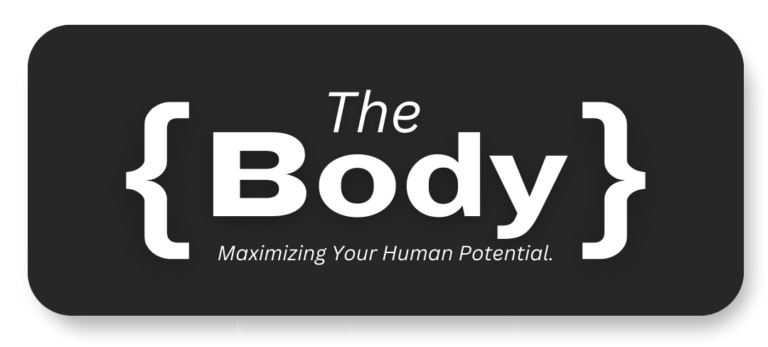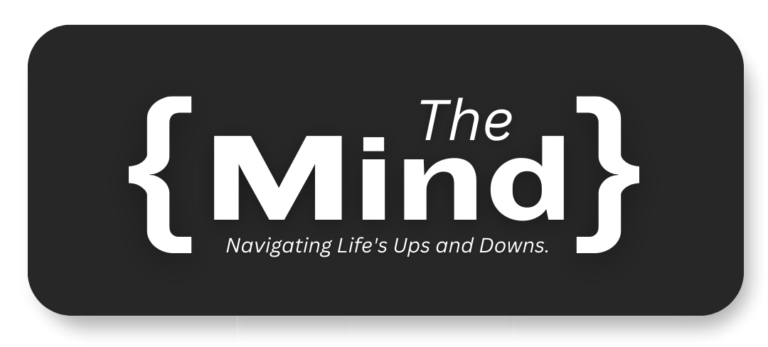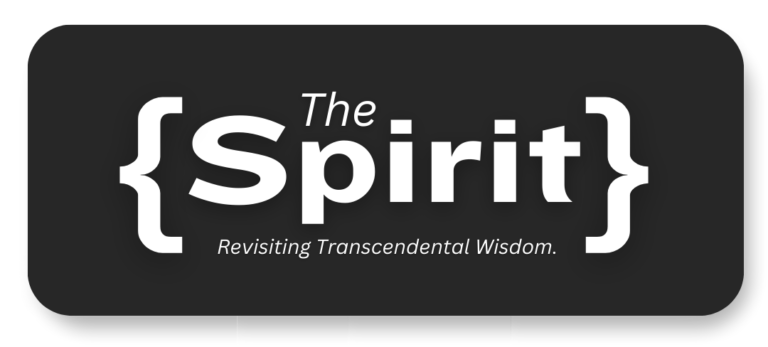Detoxing, Screen Time and David Hawkins
March 10, 2024

Cleansing and detoxing our bodies.
Topic submitted by: Andrew H. from Charlotte, NC
Our bodies are miraculous. They can heal from almost any symptom or disease, and remove almost any toxic material.
That said, we’re up against a lot in today’s world: air fresheners, scented candles, conventional laundry detergent, perfumes, fungicides, pesticides, herbicides, gasoline, aluminum foil and cans, chemical fertilizers, lawn treatments, conventional cleaning products, DDT passed down from our grandparents, radiation from airport security, microplastics, butane, viral waste matter, toxic heavy metals, alcohol, mercury in fish oil, antibiotics in dairy and eggs, chem trails, pharmaceuticals…
Need I go on?
Our bodies are simply not evolved to handle this many toxins on a daily basis, which is a big reason for the spike we see in weight gain and chronic illness today.
This makes cleansing vitally important — we need to periodically take breaks from the foods and substances that are causing us trouble, while simultaneously flushing out trouble-makers.
In this regard, fasting is not the cure, especially for someone who is already sick. We don’t just need to stop poisoning our systems. We also need to get the bad stuff out, and the good stuff in. This requires eating high-quality foods, not starving ourselves.
Not all cleanses are created equal, either, so if you are interested in detoxing, I highly, highly recommend “Cleanse to Heal”. Even if you aren’t planning to cleanse any time soon, it has very important health information.
Practice
I will teach you simple, easy and effective ways to aid your body’s detox process during my upcoming 28-day Yoga Training. You can sign up for a quick & free 10-minute discovery call with me to see if you’re a good fit for the program.

Ways to reduce screen time?
Topic submitted by: Jack T. from San Fransisco, CA
Numbers vary, but the average American now spends at least 7 hours a day in front of their screens — phones, TVs, laptops, and tablets, with nearly all of that time being spent doing at multiple tasks at once.*
Clearly some of this screen time is unavoidable — it’s the cost of working and socializing in the 21st century.
The problem is: our screen addiction has big costs mentally and existentially. Not only do we have less time to do the things that move us forward personally and professionally, but divided attention also sabotages our ability concentrate in normal, everyday moments.
I’ve mitigated these costs by strictly applying three, simple digital rules:
- I permanently silence all notifications for email, social media and news on my phone and laptop.
- I turn my phone off at night (I use a manual alarm clock, if I need to get up at a certain time), and then turn it back only after my morning routine is done.
- I use Deep Work† protocols to be more intentional and focused with my time spent working — no more multitasking.
I’m still working on cultivating a healthy relationship with my devices, but these firm boundaries have given me literally hours of my day back, and helped me stay focused in a world of distraction.
*I looked it up — I’m averaging about 4.5 hours per day.
†Deep Work is a book by Cal Newport, and suggests pre-planning your day in 30 minute task blocks while tallying how much time you spend in an undistracted flow state.

“If we look back on our life, we will see that every mistake we ever made was based on an opinion.” — David Hawkins M.D., Ph.D.
Quote submitted by: me, Ethan!
At first glance, this quote seems shallow and uninteresting, but — seen in context — the point is actually quite deep.
Thoughts are fundamentally insufficient at bringing us to truth, because thoughts can only ever describe a minuscule fraction of of our reality, never the full thing.
For instance, how could the measly thought “Universe” ever capture the vastness of the Universe? Or how could the mental image of “space” say anything about the sheer expansiveness of space?
Thoughts are just little packets of information — .zip files compressing reality into easy-to-comprehend boxes. They are interesting and fun, but not to be taken seriously.
Going further, an opinion is just a set (or sets) of these insufficient thoughts.
Your nuanced take on vaccines or guns; your well-researched perspective on artificial intelligence; your complex beliefs about God…opinions! Layered thoughts trying desperately to be truth.
But my opinion is true!! It’s based on concrete science!!
Even concrete shifts.
Today’s most verified, data-driven set of scientific conjectures are destined to be overturned or refined at some point in the future. This is the very nature of learning and knowledge acquisition: as we gather more data (of which there is infinite), theories must change. Period.
All of this is to say one thing: if you would like to stop making mistakes, stop forming opinions.
Or…!
If you are willing to have an opinion, hold it very lightly, because the thoughts it’s based on do not accurately reflect Reality.
These are easier said than done, I’ll admit. Especially on subjects we believe ourselves to be well-educated on.
But there really is no other choice. Will we ever really have the full set of facts? Can our limited minds ever understand the entire story? Are your and my brain really able to get to the bottom of it all?

100% free • unsubscribe anytime


